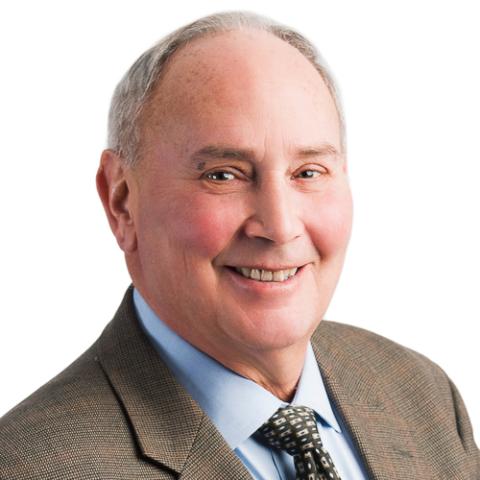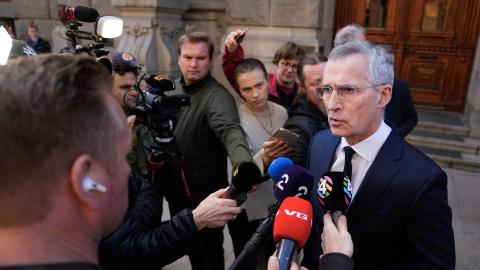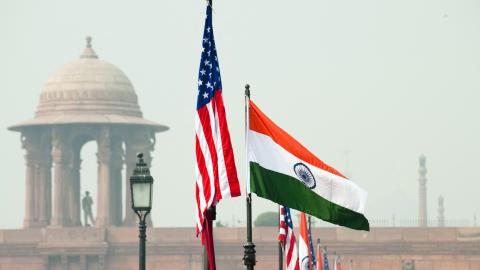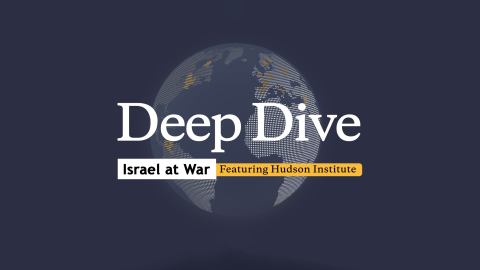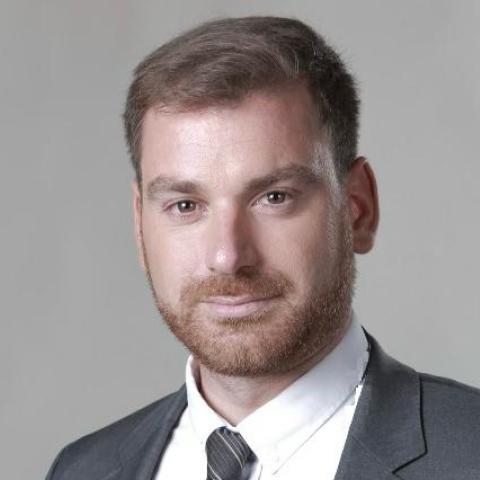
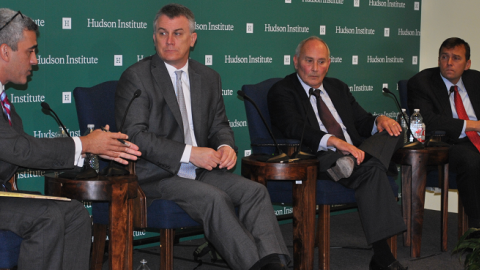
Related Events
28
April 2025
In-Person Event | Hudson Institute
Domestic Politics, the US-Japan Alliance, and Tokyo’s Global Role: Bipartisan Views from the Diet
Featured Speakers:
Koichiro Gemba
Itsunori Onodera
Shinjiro Koizumi
Kimi Onoda
Moderator:
Kenneth R. Weinstein

28
April 2025
In-Person Event | Hudson Institute
Domestic Politics, the US-Japan Alliance, and Tokyo’s Global Role: Bipartisan Views from the Diet
A panel of experts will discuss how the Japanese government should approach domestic political questions, its partnership with America, and Japan’s role in the world.
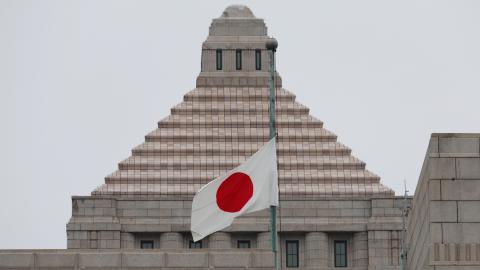
Featured Speakers:
Koichiro Gemba
Itsunori Onodera
Shinjiro Koizumi
Kimi Onoda
Moderator:
Kenneth R. Weinstein
23
April 2025
Past Event
Economic Security and NATO Cohesion: A Conversation with Jens Stoltenberg
Featured Speakers:
Jens Stoltenberg
Rebeccah L. Heinrichs

23
April 2025
Past Event
Event Update | India’s Role in the Global Economy
Featured Speakers:
Ajay Seth
Walter Russell Mead
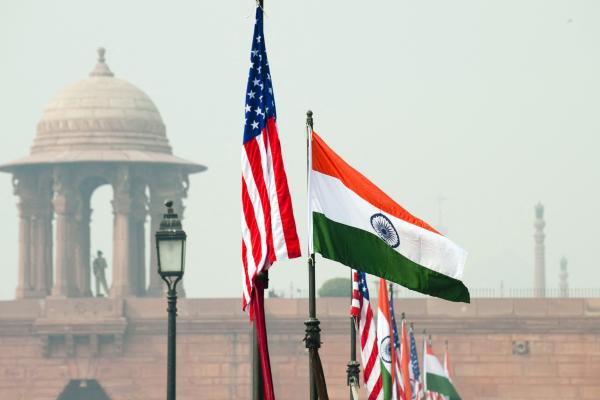
23
April 2025
Past Event
Central and Eastern Europe Strategy Summit 2025
Featured Speakers:
Nikki R. Haley
Dr. Lars-Hendrik Röller
Maria Luís Albuquerque
Dr. Olga Zykova
Barna Tánczos
Amb. Tomáš Pojar
Ana Ivković
Dr. Anca Dragu
Dr. Yuriy Heletiy
Dr. Bogdan Ivan
Jan Růžička
Joel Scanlon
Moderators:
Peter Rough
Daniel Kochis
Matthew Boyse
Luke Coffey
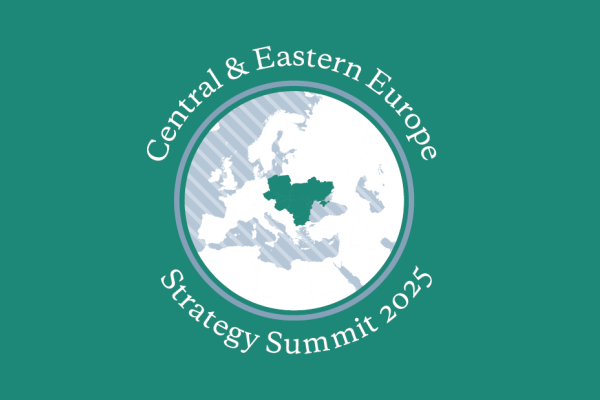
23
April 2025
Past Event
Central and Eastern Europe Strategy Summit 2025
Hudson Institute’s Center on Europe and Eurasia will host its third Central and Eastern Europe (CEE) Strategy Summit.
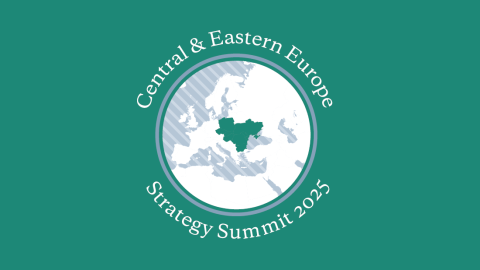
Featured Speakers:
Nikki R. Haley
Dr. Lars-Hendrik Röller
Maria Luís Albuquerque
Dr. Olga Zykova
Barna Tánczos
Amb. Tomáš Pojar
Ana Ivković
Dr. Anca Dragu
Dr. Yuriy Heletiy
Dr. Bogdan Ivan
Jan Růžička
Joel Scanlon
Moderators:
Peter Rough
Daniel Kochis
Matthew Boyse
Luke Coffey



















